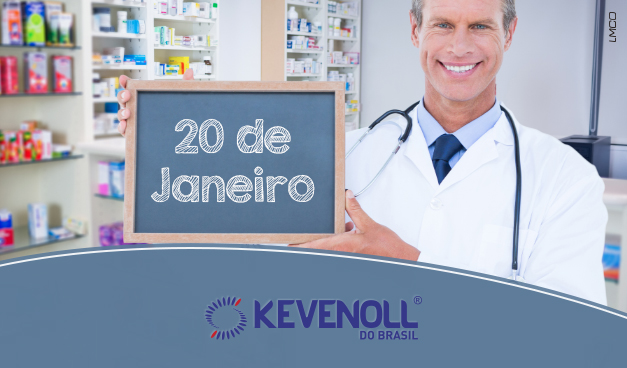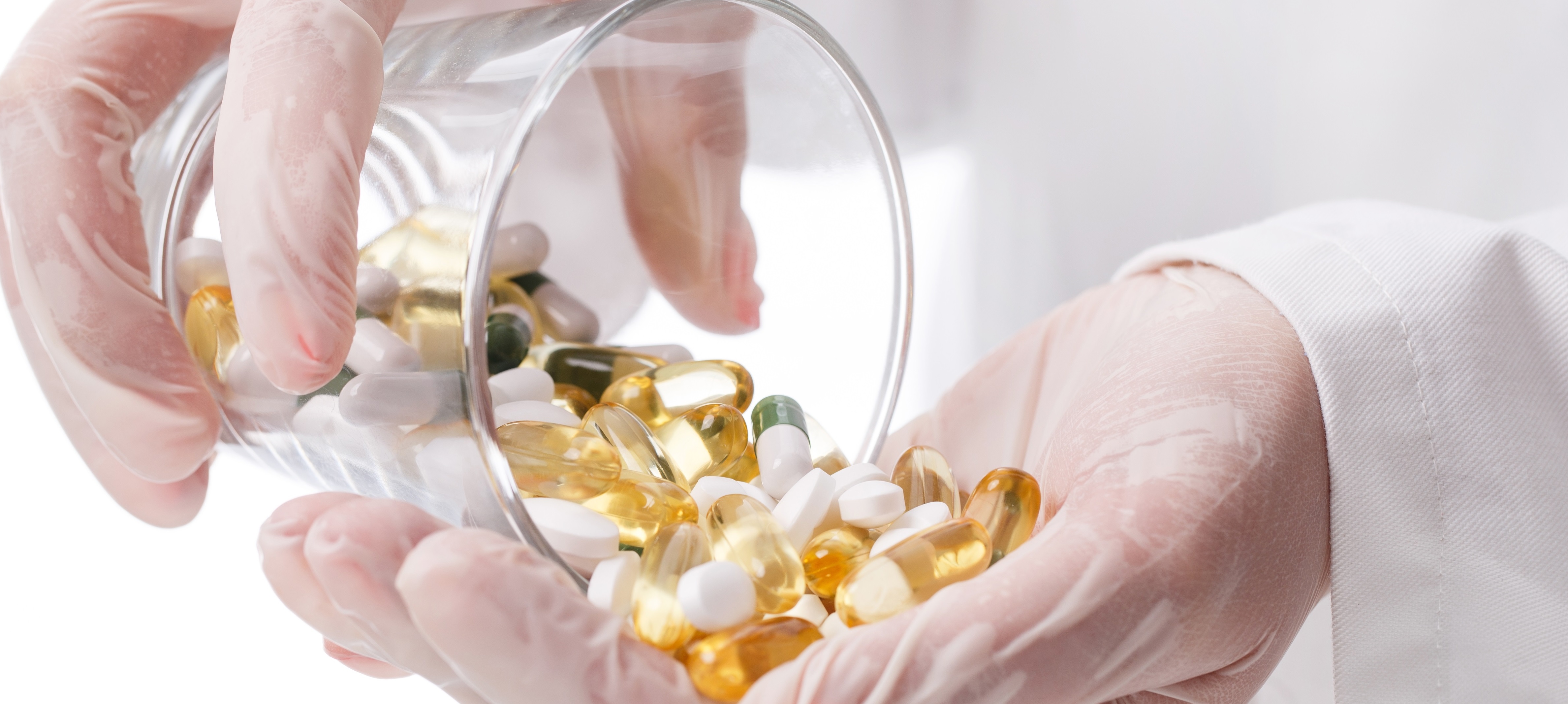In Brazil, Pharmacist’s Day is celebrated on January 20, when the anniversary of the Brazilian Pharmacy Association is also celebrated.
The pharmacist is the professional who studies the composition of medicines, cosmetics, foods and industrialized beverages, in addition to guiding the manufacturing process of these items. Its field of activity is quite broad, ranging from guidance to patients in drugstores and laboratories to the preparation of medicines, laboratory or food products.
In addition, he works in the preparation of cosmetics, toiletries, beauty products and vitamins, and his work aims to provide health and quality of life for the population.
The pharmacist is the last professional in contact with the patient, and it is who will help you understand and perform the treatment in the correct way. Therefore, its work is essential for the promotion of public and collective health, through the encouragement and guidance for the rational, responsible and conscious use of all types of medicines.
Many activities and great dangers:
A pharmacist’s career can involve several functions, such as:
· Non-clinical activities
· Fractionation of medicines;
· Manipulation of formulas;
· Performance of the physical examination of the drug;
· Preparation of the Health Services Waste Management Plan (PGRSS);
· Dispensing medicine.
Clinical activities
· Participate in the planning and evaluation of pharmacotherapy;
· Analyze the prescription of medications regarding legal and technical aspects;
· Perform pharmaceutical interventions and issue pharmaceutical advice to other members of the health team;
· To make the pharmaceutical anamnesis, as well as to verify signs and symptoms, with the purpose of providing care to the patient.
In addition to the functions mentioned above, the pharmacist is able to perform blood pressure measurement, blood glucose tests, temperature measurement, and also apply injectable medications and vaccines, according to Resolution No. 239 of the Federal Pharmacy Council (provided they have specialization for this, and always according to the conditions of the physical structure of the site and medical indications for each patient).
It can also act with the sanitary surveillance, in the process of manufacturing medicines, in aesthetic clinics performing application of butolinic toxins (botox), microneedles, dermal and labial fillers, and in many other functions.
For this reason, the profession may present several risks. The pharmacist is more of a professional who lives with exposure to biological and chemical agents, capable of causing various damage to health. Therefore, whenever necessary, it should make the use of protective material, such as procedure gloves, avoiding direct contact with disease-causing microorganisms.
The use of gloves also protects the patient from any contaminant that can be passed from the pharmacist to him, such as in the application of medications, injections and vaccines, blood glucose tests and other procedures. Click to find the ideal glove type for your activity.



